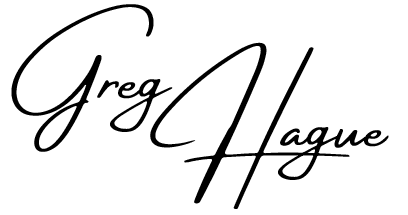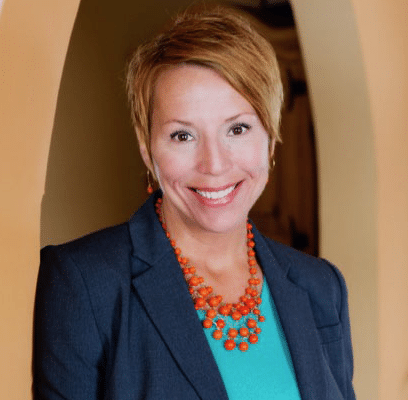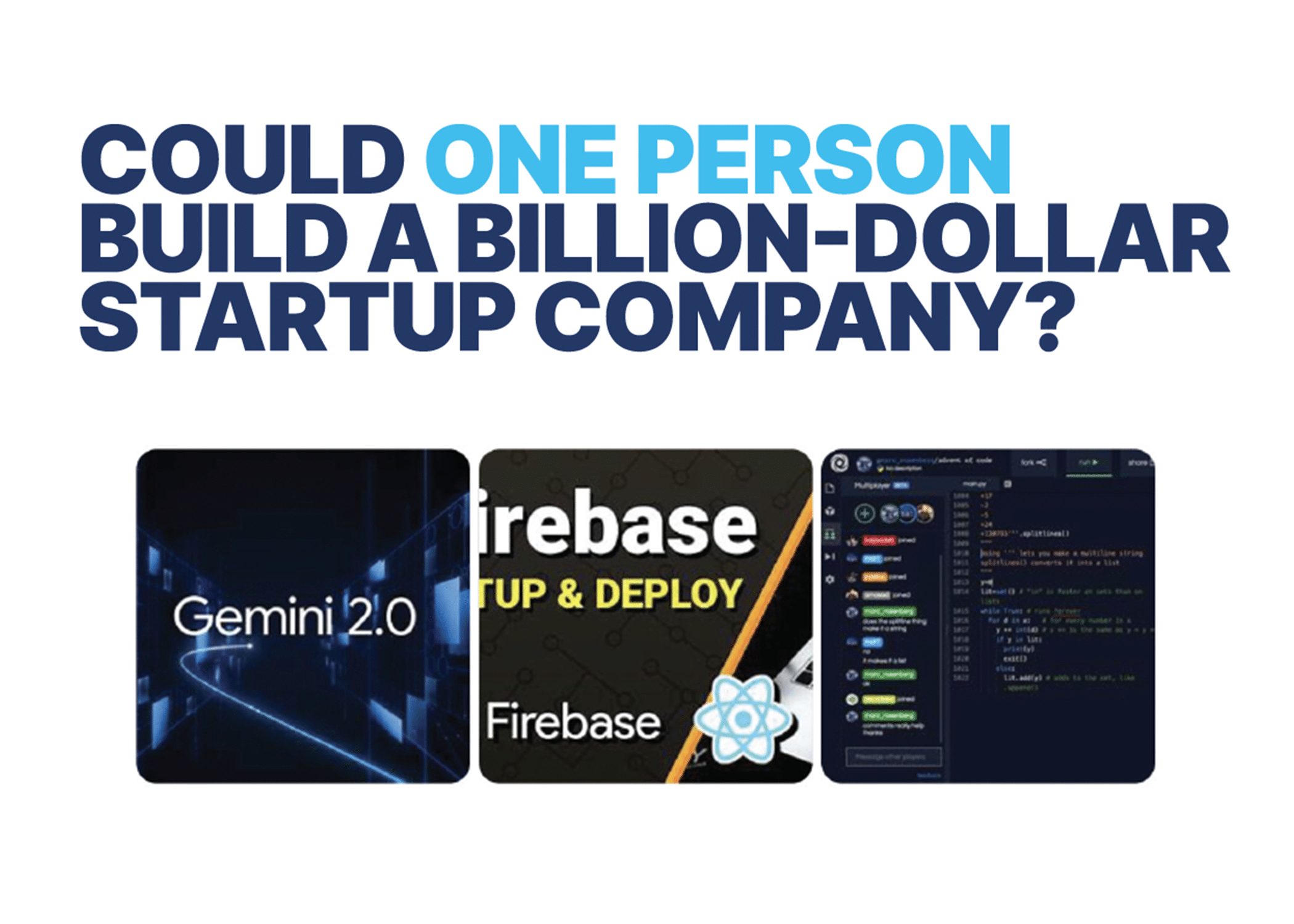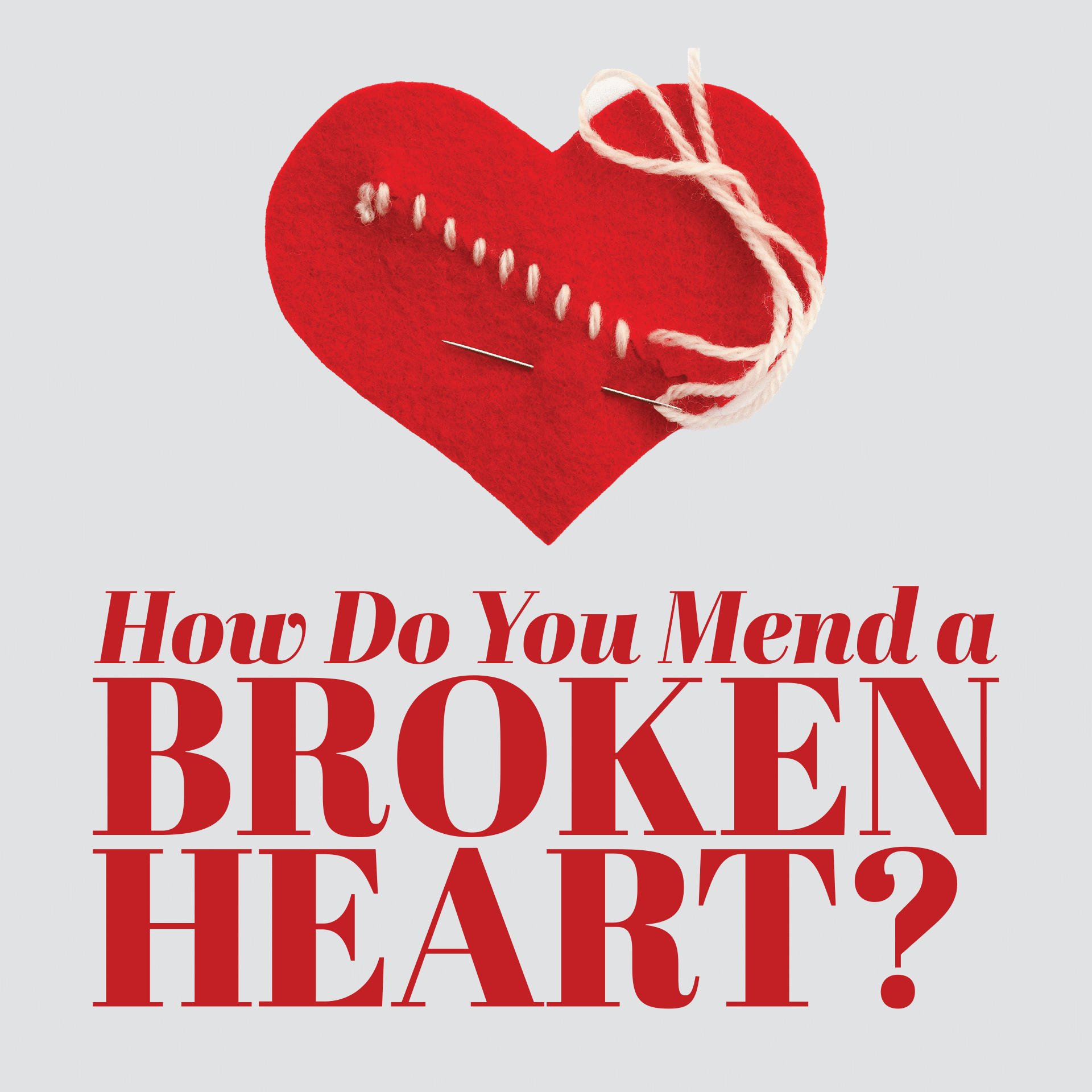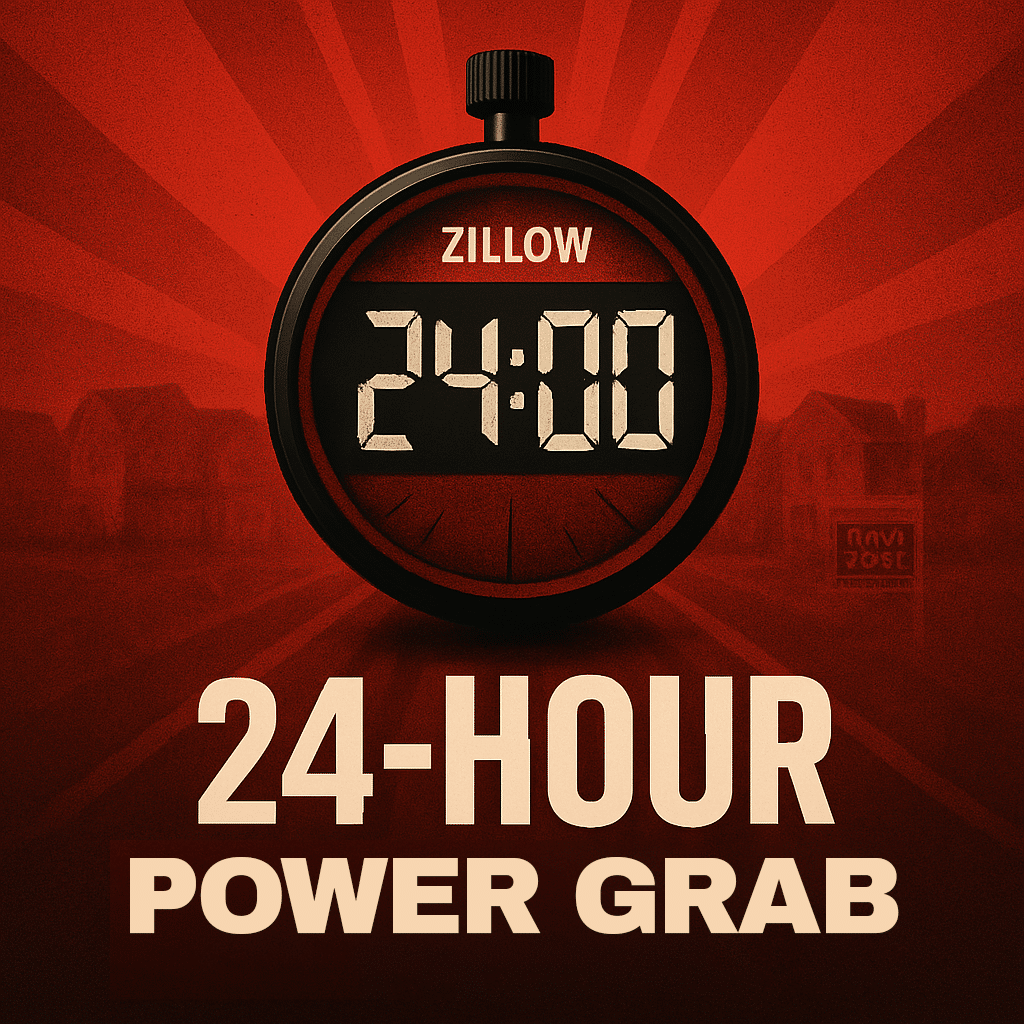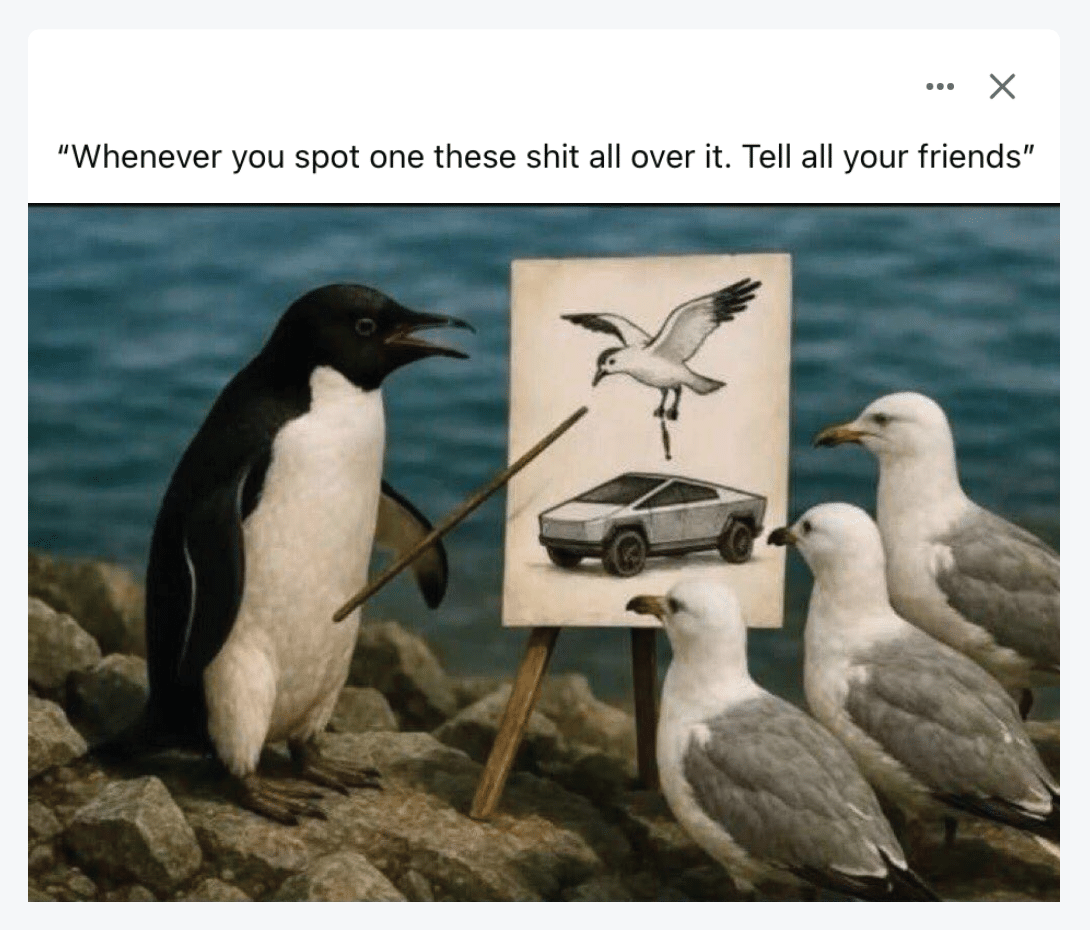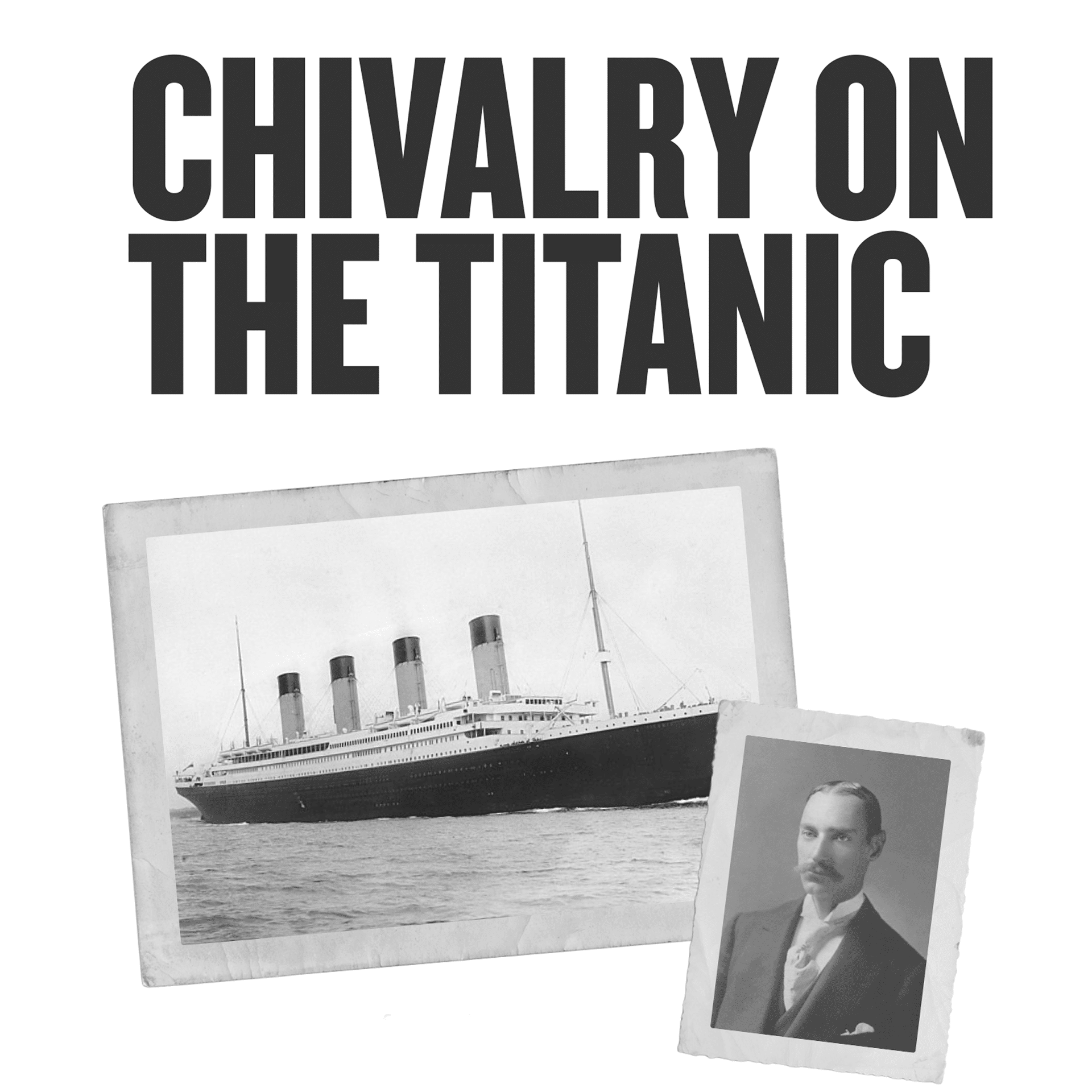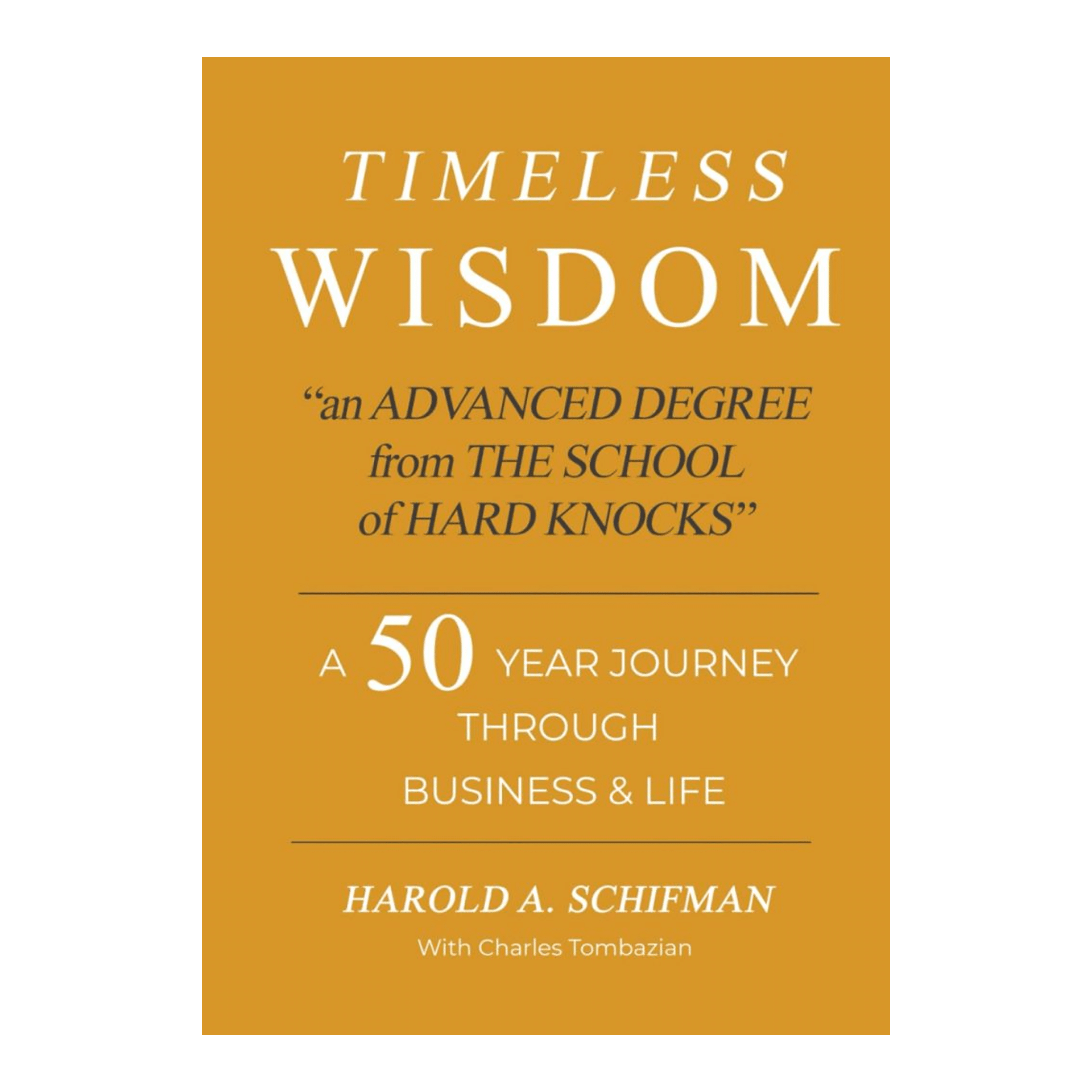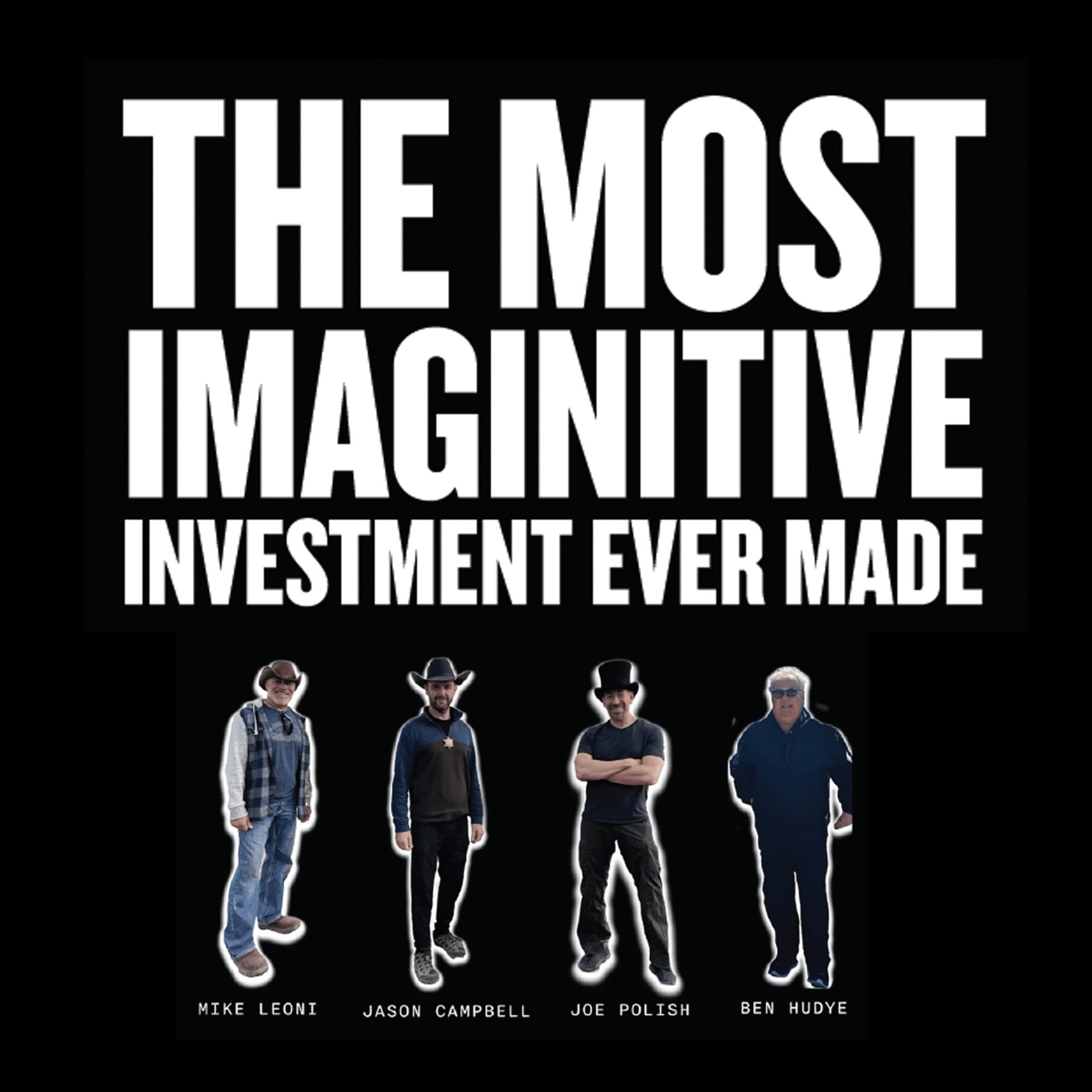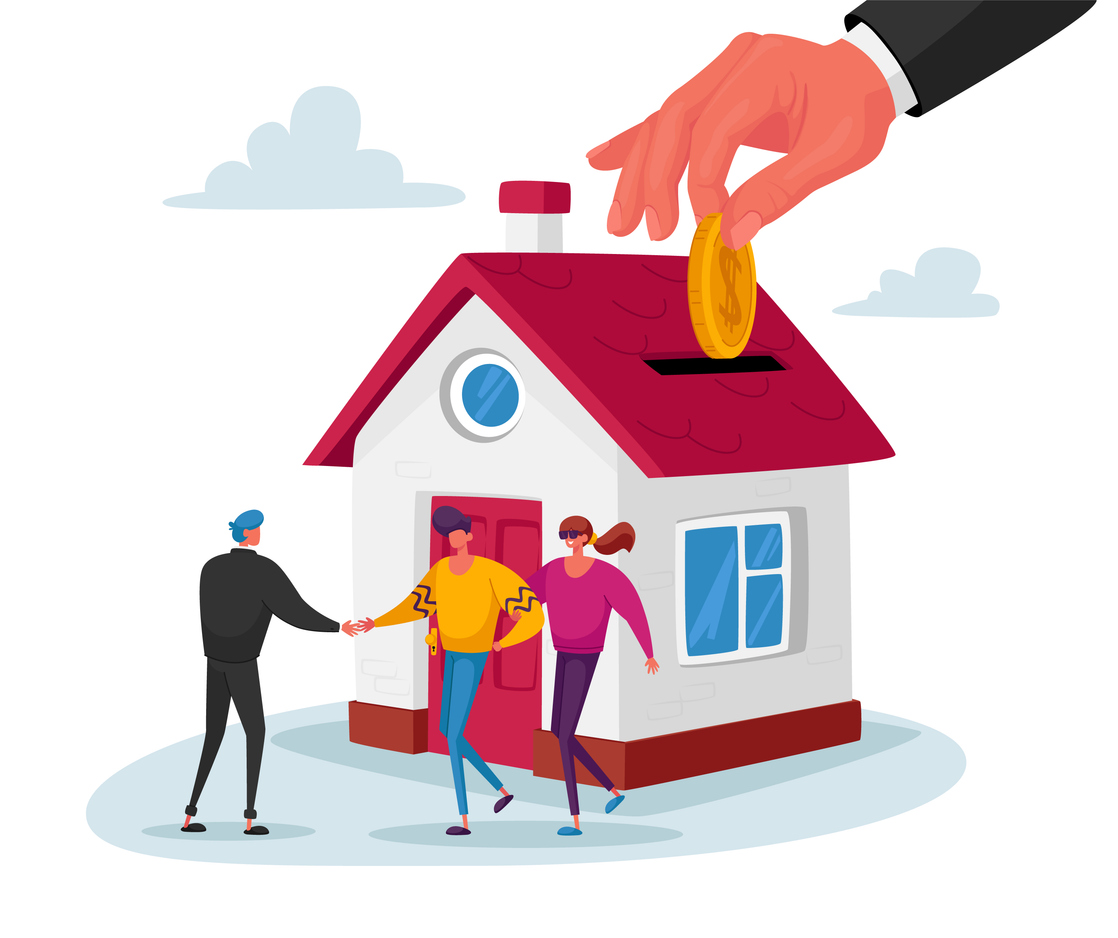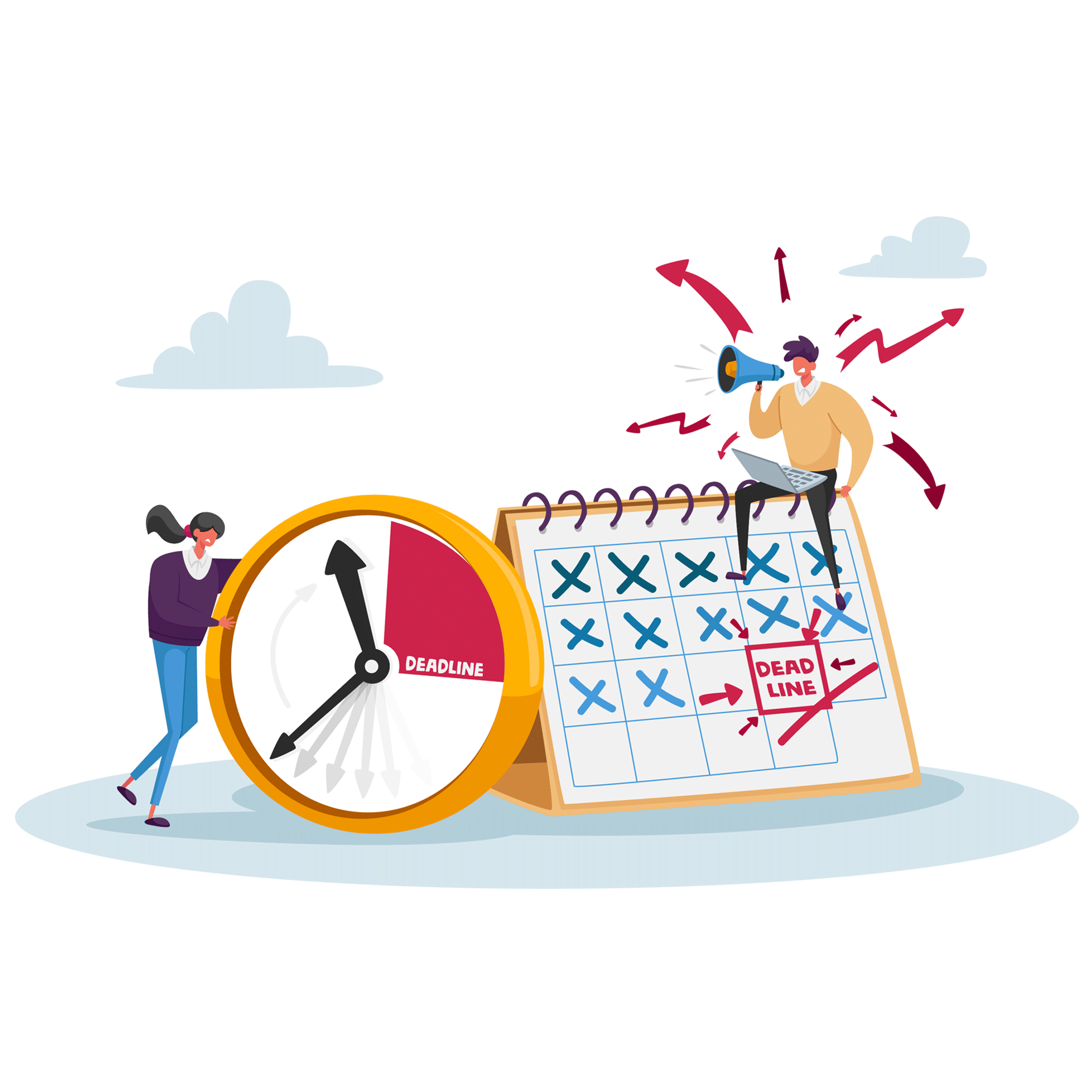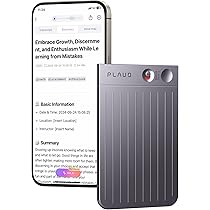I never expected I’d write about cancer this week. I know next to nothing about medicine, and like most people, the word cancer scares me.
But I was invited by Joe Polish, a PV neighbor, to be interviewed by him in front of his elite “100K Group,” which I consider the nation’s most prestigious (and hard-to-get-into) networking group of super-successful entrepreneurs.
Joe’s 100K Group is the highest tier of his “Genius Network,” an assemblage of America’s top entrepreneurs. Check it out at 100KGroup.com and GeniusNetwork.com. It’s impressive.
I was the morning keynote speaker at the event, being interviewed by Joe about the state of the real estate industry and my mission to make it easier and more efficient for buyers and sellers to connect and transact.
The afternoon belonged to one of the top cancer experts in the country, Dr. Nasha Winters, an inspiring lady who survived a terminal cancer diagnosis in her teens. She became a practicing doctor for many years, and now specializes in how to prevent cancer and manage it non-medically if you’re diagnosed. Think of it as reducing cancer risk through how you live.
As I sat in that room, I heard something that completely changed how I think about this disease. It made such an impression on me, I decided to share it with you.
When I told my son, Corey, about what I learned, he commented, “When we’re healthy, lots of things matter. When we’re not, only one thing matters.”
Since studies show that 1 in 2 of us will be diagnosed with cancer at some point in our lives, I expect what I learned will either help you or somebody you know.
My 7 Key Takeaways
Here’s what stood out to me:
1. We All Have Cancer Cells. The Question Is… Will They Grow?
Every one of us has cells in our body that could become cancer. That’s normal. What determines whether those cells stay in check or start growing into disease is how we live.
Cancer doesn’t just “happen.” It’s a process. And most of it starts in our mitochondria, the power centers of our cells. When our mitochondria get overloaded or damaged, they stop doing their job. That’s when trouble begins.
2. What Hurts (or Helps) Your Cells? The Inputs.
What you eat. What you breathe. What you put on your skin. Even what you feel and think.
Toxins in our environment (like glyphosate, seed oils, processed sugar), chronic stress, loud noise, lack of sleep, artificial light at night: these are all “insults” to your mitochondria. And the average person’s cells get hit with over 60,000 of these insults every day.
Dr. Winters said we are metabolically broken as a country, with 93.7% of Americans having some form of metabolic dysfunction, the kind that leads to cancer, Alzheimer’s, diabetes, heart disease, and more.
3. Food Is Either Fuel or Poison
She made this clear: cancer feeds on sugar. Every type, every stage. Cancer cells thrive on glucose.
Processed carbs, seed oils (like canola and soybean), and even so-called “healthy” low-fat foods often drive inflammation and fuel disease. The typical hospital food given to cancer patients is full of the very things that make them worse.
She emphasized the importance of eating clean, whole foods, ideally from regenerative farms (a topic she tied directly to cancer prevention). Think: organic vegetables, healthy fats, grass-fed meat, and as little sugar as possible.
4. Emotions Matter — A Lot
This shocked me. Joe referenced what he learned from a noted physician specializing in cognitive and emotional health, Dr. Ed Hallowell. Suppressing emotions… things like unresolved trauma, chronic stress, and loneliness are often at the root of cancer. They are not the only cause, but a significant one.
If you live in a constant state of stress, fear, or disconnection, your body feels it. This affects your immune system, your hormones, and your cellular function. Dr. Hallowell says, “Community and connection are a form of vitamin C—not the kind you swallow, but the kind that can save your life.”
5. Cancer Is a Messenger, Not Just an Enemy
She said this more than once: Cancer isn’t just an invader to attack, it’s a signal that something’s out of balance.
Trying to kill it without changing the terrain it grew in is like mopping the floor while the faucet’s still running. We must fix what’s feeding it.
6. There Are Safer, Smarter Therapies Out There
In Europe, 80% of cancer patients use mistletoe therapy (yes, mistletoe… the plant). It’s been around since 1917 and is shown to boost immunity, fight tumors, and even improve quality of life with few side effects. Why isn’t this common in the U.S.? She said to follow the money in the medical field. It becomes obvious.
She also talked about daily routines that heal: sunrise walks, meditation, cold plunges, minimizing screen time, and eating with intention. These are the things that help the body repair and resist disease.
7. The System Is Broken — So Be Proactive
Dr. Winters made a sobering point: the U.S. healthcare system is not designed to prevent cancer. It’s built to manage disease and make a lot of money doing it.
This Wasn’t Just a Health Talk. It Was a Path.
So, if you or someone you love faces a cancer diagnosis, Dr. Winters advises not to rush into a medical treatment believing it’s the sole solution. It may be part of the solution, but first take the time to gather knowledge. Look at why the cancer may have developed. Address the terrain… diet, stress, sleep, relationships. Look for doctors who treat the whole person, not just the tumor.
I walked away from that session with an entirely different perspective on cancer. While the statistics are scary (1 in 2 people will be diagnosed in their lifetime), the tools for prevention and healing are largely within our control.
We all have a sense for what feels true. What I heard Thursday seemed like truth backed by science.
If you’ve read this far, maybe it’s time to take inventory:
How’s your stress? What’s on your plate? Who’s in your circle? What are you feeding your body… and your mind?
You Can Change Your Story
I’ll close with something Dr. Winters said that really hit me:
“Cancer isn’t something that happens to you. It’s something that happens in you. And that means you have the power to change the story.”
Is it time to begin writing a better story for your body and your life? I sure plan to.
